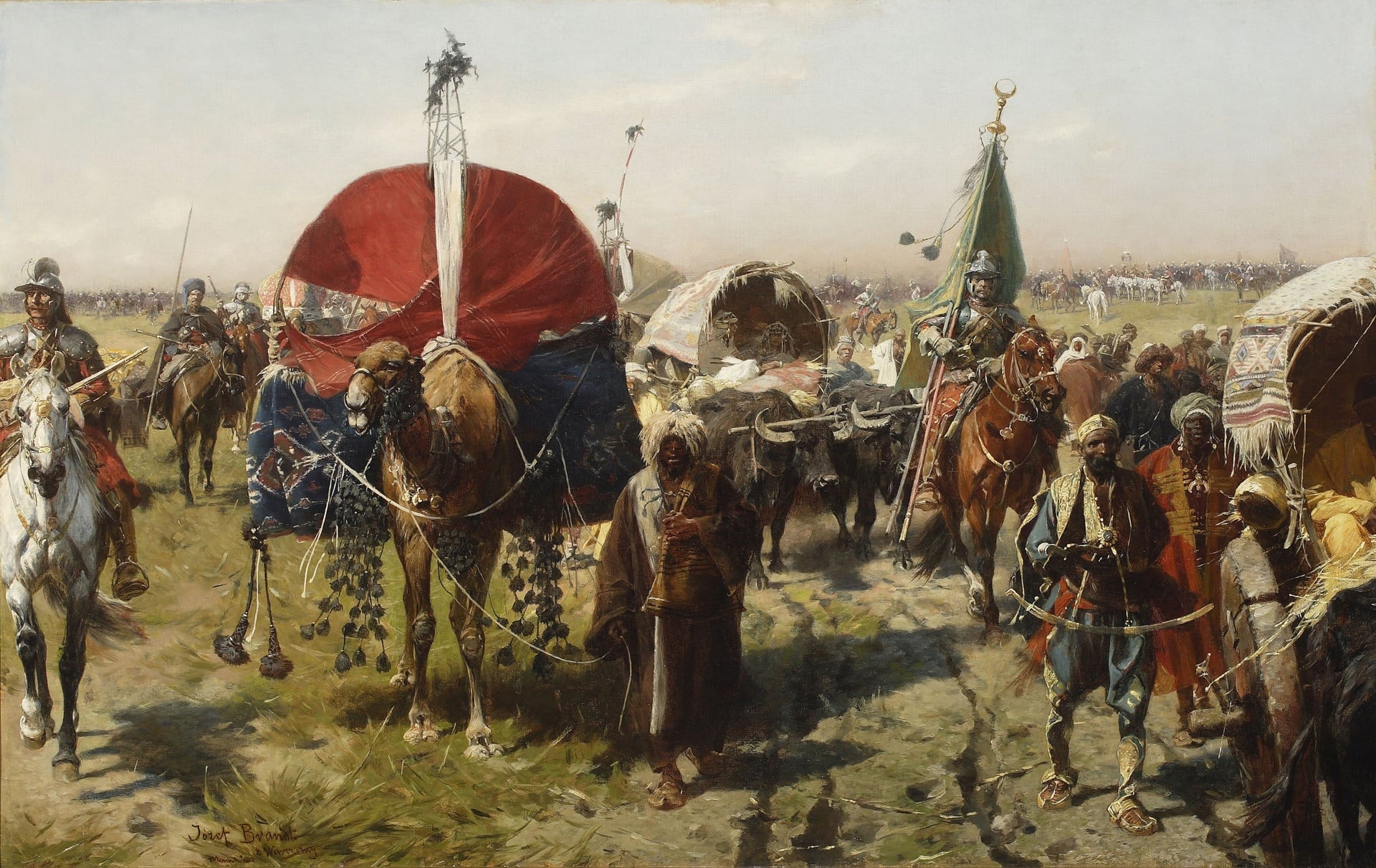Director: Andrey Tarkovsky
Cast: Margarita Terekhova, Filipp Yankovsky, Ignat Daniltsev, Larisa Tarkovskaya, Alla Demidova
Soviet Union, 1975, 106’, color; Russian with Turkis subtitles
Possibly the greatest film by Tarkovsky, The Mirror is a masterpiece regarded as one of the best films of all times. And it has gone through a lot. The screenplay was rejected, the film itself was rejected after it was made, but it was screened at the Cannes Film Festival in 1975, where its worth was recognized. This non-linear film seems to be based on the memories of a dying poet (Tarkovsky’s father, who actually died three years after Tarkovsky himself), and narrates the experiences of the Tarkovksy family as well as the plight of the Russian people in the 20th century. Childhood memories and contemporary scenes, dreams and news reports alternate in the film. The viewer hardly notices how color images are followed by black-and-white and sepia. A milestone not to be resisted!
Trailer

Józef Brandt harboured a fascination for the history of 17th century Poland, and his favourite themes included ballistic scenes and genre scenes before and after the battle proper –all and sundry marches, returns, supply trains, billets and encampments, patrols, and similar motifs illustrating the drudgery of warfare outside of its culminating moments.
Tuesday - Saturday 10:00 - 19:00
Friday 10:00 - 22:00
Sunday 12:00 - 18:00
The museum is closed on Mondays.
On Wednesdays, the students can
visit the museum free of admission.
Full ticket: 300 TL
Discounted: 150 TL
Groups: 200 TL (minimum 10 people)